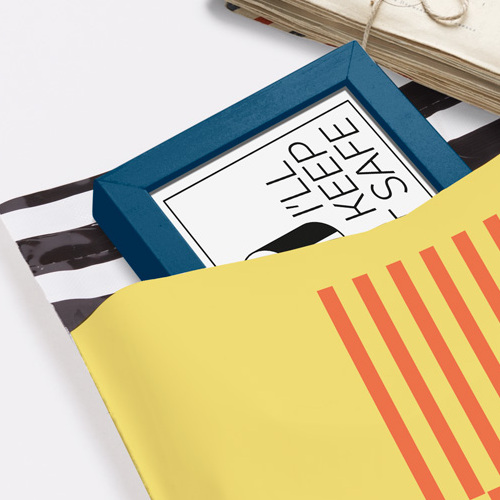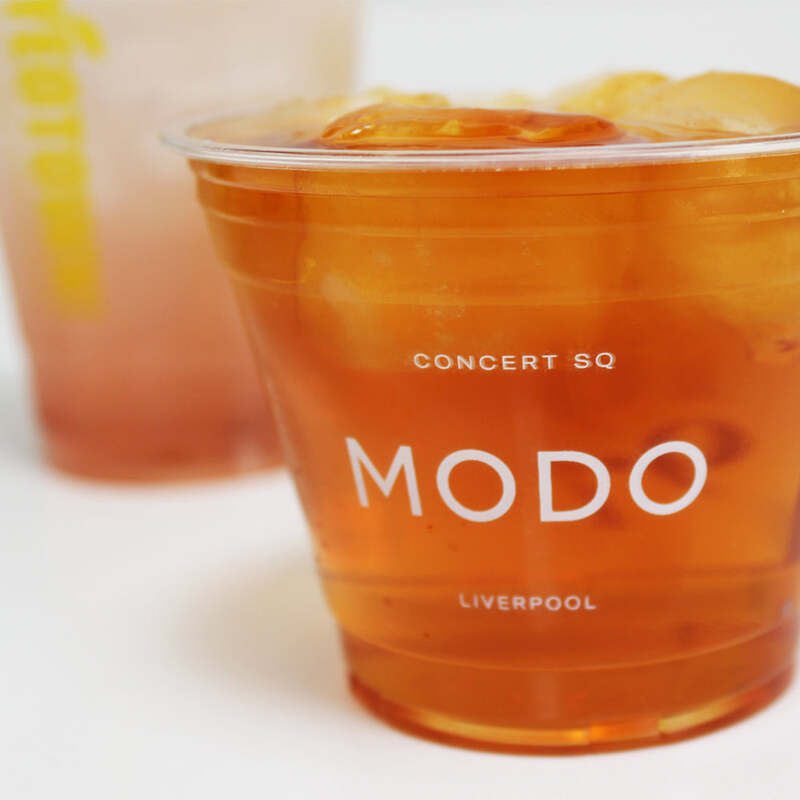Mar . 06, 2025 17:51
When it comes to choosing the right soda cup for your needs, understanding various materials and designs is crucial for both commercial and personal uses. Soda cups might seem like ordinary items, but their role in the beverage industry and everyday life makes them significant. Here's an authoritative guide on selecting the best soda cups, grounded in experience and expertise.

Soda cups come in a variety of materials, each with its advantages and disadvantages. Key materials include plastic, paper, foam, and glass, each serving different environments and preferences.
Plastic soda cups, often made from PET (polyethylene terephthalate) or polypropylene, are widely used due to their durability and clarity. These are ideal for situations where consumers want to see the content of their cup, which is why many fast-food chains and cinemas prefer them. Their lightweight nature and resistance to shattering make them a safe option for outdoor and large-scale events. However, sustainability concerns surround plastic soda cups, as they may take hundreds of years to decompose, adding to environmental pollution. Event organizers and businesses are increasingly looking towards recyclable or biodegradable alternatives to mitigate these concerns, promoting a trend towards environmentally friendly products.

Paper soda cups have gained popularity as a more sustainable alternative, often lined with a bio-degradable wax or plastic to prevent leaks. These cups offer an excellent canvas for branding, displaying vibrant colors and logos effectively, which is critical for marketing strategies in cafes and fast-food outlets. The primary challenge with paper cups is their predisposition to soak and become soggy if the lining is compromised, making them less effective for extended use with carbonated drinks. The growing demand for eco-friendly options has led to innovations such as plant-based linings and compostable paper cups, reinforcing the commitment to minimizing ecological footprints.
Foam cups, made from expanded polystyrene (EPS), are known for superior insulation properties, keeping beverages cold for an extended period. Their ability to insulate makes them a favorite for drive-thru facilities where drinks might be consumed hours after being served. Nevertheless, their environmental impact is significant as they are hard to recycle and often end up in landfills, contributing to ecological damage. As a result, many local governments have imposed restrictions or bans on foam cups, encouraging businesses to seek alternative materials.
soda cups
Glass soda cups represent the pinnacle of reusability and sophistication. They are sustainable, easily washable, and do not impact the taste of the beverage, which is essential for enthusiasts who cherish their soda's flavor profile. The weight and fragility of glass make them less practical for all settings, particularly in youth-oriented or high-motion environments where breakage is a concern. Despite this, many restaurants and households are shifting towards glass for its aesthetic appeal and environmental benefits.
Choosing the right soda cup also involves considering the design and lid compatibility. Cups with ergonomic designs enhance the consumer experience by providing a firm grip and ease of handling. Lids should be secure to prevent spills, especially during transport or when serving to children. Straw-friendly lids are particularly advantageous when serving cold sodas as they facilitate easy sipping and help maintain carbonation by reducing exposure to air.
In the competitive landscape of beverages, branding on soda cups serves as a mobile marketing tool. High-quality customizable options allow companies to imprint logos, promotional messages, and colorful designs that captivate consumers and enhance brand recognition. In industries saturated with choices, a creatively designed soda cup can be a subtle yet powerful differentiator.
Selecting the perfect soda cup blend is an art that balances functionality, environmental impact, and brand image. Companies increasingly rely on experienced vendors and subject matter experts who provide guidance grounded in the latest industry trends and environmental standards. By taking a holistic view of these factors, businesses not only improve the consumer experience but also demonstrate a commitment to sustainability and innovation.
Ultimately, soda cups are more than just containers; they're an integral part of the beverage experience that reflects the values and priorities of the businesses that use them. Whether prioritizing sustainability, brand visibility, or consumer convenience, the right soda cup can significantly elevate how beverages are consumed and perceived.





